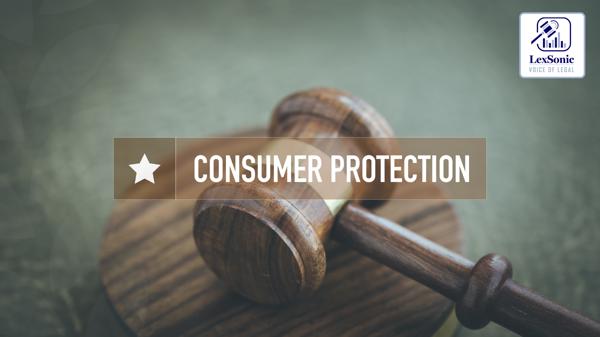Advertised vs. Actual Mileage: Consumer Complaint Fails Expert Test.
25 November 2024
Civil Revision >> Civil & Consumer Law | Consumer Protection Act >> Consumer Rights
The crux of the complainant's argument rested on the vehicle's performance test conducted by the authorized dealer, which, according to him, substantiated the mileage discrepancy and pointed to a manufacturing defect. He also cited email correspondence with the manufacturer (OP-1 & 2) regarding the mileage issue, which predated an accident involving the car.

However, both consumer forums dismissed the complaint, primarily citing the complainant's failure to provide an expert report substantiating the alleged manufacturing defect. The District Forum, in its order dated 22.08.2017, emphasized that while the purchase and warranty were acknowledged, the complainant did not avail of the scheduled free services and failed to produce cogent evidence of a manufacturing defect. The State Commission, in its order dated 08.05.2019, further highlighted the various factors affecting mileage, such as road conditions and driving efficiency, and stressed the importance of expert certification for manufacturing defect allegations.
The manufacturer, OP-1 & 2, refuted the claims, stating that their vehicles undergo rigorous quality checks and are certified by the Automotive Research Association of India (ARAI). They also argued that the complainant had not adhered to the vehicle's maintenance schedule and had suppressed the fact that the car had been involved in an accident.
The NCDRC observed that the lower forums' findings were based on evidence and arguments presented, and there was no illegality or jurisdictional error warranting intervention. It reiterated that concurrent findings of facts are generally not interfered with in revisional jurisdiction. The NCDRC also noted that the complainant failed to establish a manufacturing defect under Section 13(1)(c) of the Act.
Section 21, Consumer Protection Act - 1986
